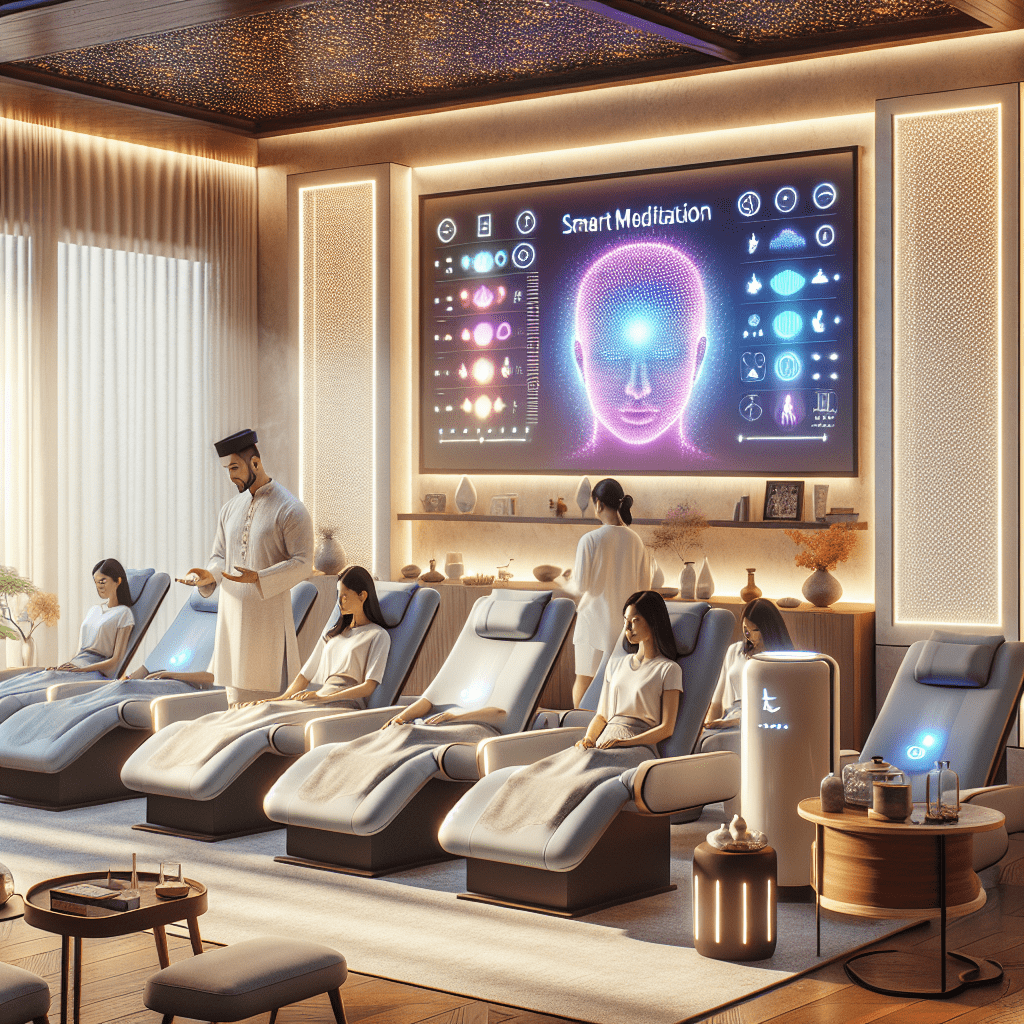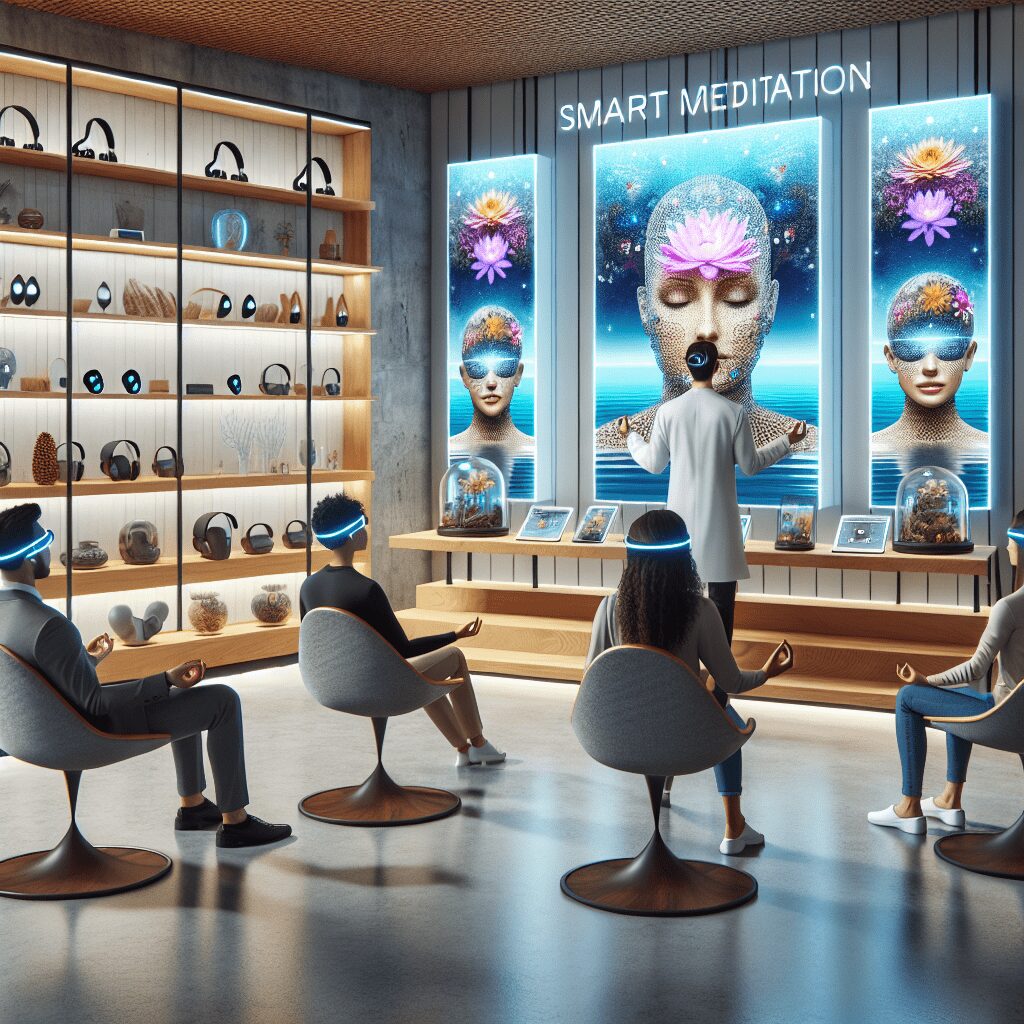
Prioritize your mental well-being daily. Enhance your life by nurturing your mental health with the Smart Meditation app. Break free from stress, alleviate anxiety, and enhance your sleep quality starting today.
Does Alcohol Help With Anxiety?
The Surprising Connection Between Alcohol and Anxiety
In the quest to quiet the ever-whirring gears of the mind, many have turned to a seemingly benign and socially accepted elixir: alcohol. It’s been the star of celebrations and a reliable old friend during moments of stress. Yet, as we reach for that glass of wine or bottle of beer, a question looms over us like a shadow at dusk: Does alcohol actually help with anxiety, or is it merely a wolf in sheep’s clothing?
The Initial Soothe: A Temporary Fix
At first glance, alcohol seems to be the magician we’ve all been waiting for, capable of momentarily vanishing our worries into thin air. There’s no denying the immediate sense of relaxation that can follow the first sips of a drink. It’s like flipping a switch in the brain, turning down the volume of life’s cacophony. This effect is thanks to ethanol, the psychoactive ingredient in alcohol, which acts as a central nervous system depressant. In layman’s terms, it literally depresses, or suppresses, certain brain activities.
Here’s the rub, though: this relief is merely a fleeting shadow, a whisper of tranquility that quickly passes. While alcohol can momentarily dampen the stress response, causing a sense of relaxation and decreased anxiety, it’s akin to putting a Band-Aid on a broken leg. Sure, you might not see the issue for a bit, but you haven’t addressed the root of the problem.
The Morning After: When Temporary Turns Tumultuous
Now, let’s talk about what happens once the curtain falls and the effects of alcohol start to wear off. Rather than being a silver bullet for anxiety, alcohol can, in fact, load the gun. Here’s why:
-
Rebound Anxiety: Ever heard of a hangxiety? It’s not just a clever portmanteau; it’s a real phenomenon. As alcohol begins to leave your system, it can lead to heightened anxiety levels, which are often worse than the original feelings that sent you reaching for a drink in the first place.
-
Disrupted Sleep Patterns: While a nightcap might help you doze off, the quality of shut-eye you’re getting is far from top-notch. Alcohol disrupts REM sleep, the most restorative phase, leading to a less refreshing sleep. And we all know how cranky (and anxious) we can get without our beauty sleep.
-
Dependency and Tolerance: Lean on alcohol often enough to ease anxiety, and you might find yourself facing a new tentacled monster: dependency. Over time, your body gets used to having alcohol around to do the dirty work of dealing with stress, making it harder to cope without it.
-
Dehydration Delirium: Ever felt parched after a night out? Alcohol is a diuretic, which can lead to dehydration. And guess what? Dehydration can cause or worsen feelings of anxiety.
-
Nutrient Depletion: Booze can rob your body of vital nutrients, some of which, like B vitamins, play a crucial role in managing stress and anxiety. It’s like trying to run a car without oil; sooner or later, you’re going to grind to a halt.
Navigating the Tumultuous Seas
So, where does this leave us? Stuck between the devil and the deep blue sea, it seems. While alcohol might offer a temporary port in the storm of anxiety, it’s clear that the long-term consequences can be rather stormy.
For those navigating these choppy waters, hope is not lost. There are countless other strategies to manage anxiety that don’t involve a pit stop at the local bar. From therapy and mindfulness to exercise and proper nutrition, the arsenal of tools at one’s disposal is vast and varied.
In the end, it’s paramount to remember that while the siren call of alcohol might seem alluring, it’s but a mirage in the desert of anxiety relief. Steering clear of this deceptive oasis in favor of more sustainable sources of solace is not only wise but also necessary for long-term wellbeing.





